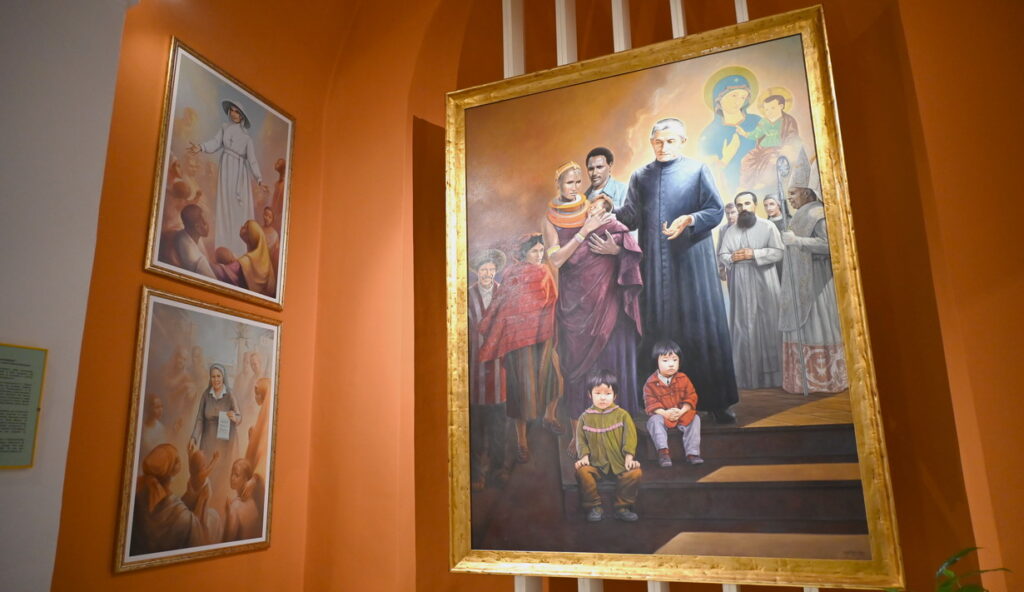
The word litany has ancient origins and primarily refers to a form of Christian prayer characterized by a succession of invocations (of praise or request) pronounced by a priest, deacon, or cantor. To the litany, the congregation responds with predefined responses.
By Jonah Makau *
This practice, born in Antioch in the 4th century, has spread throughout the Catholic, Orthodox, and Anglican churches. It is usually part of religious processions. In its original meaning, a litany is a plea for help, with roots in pre-Christian antiquity and Egyptian religion, where litanies addressed to the god Osiris.
In addition to its religious meaning, the term is now used figuratively to indicate: a long series of events, problems, or complaints, often repetitive and annoying. That is why we talk of “a litany of complaints,” “a litany of errors,” or “a litany of complaints.” In this context, the term evokes an endless and tiresome list. In short, litany can mean both a structured, liturgical prayer and a long, repetitive list of elements. Litanies hold significant importance in the Catholic Church as a form of responsive petition used in both public liturgical services and private devotions.
Litanies usually give attributes or qualities of the particular saint in question. The litany of St. Joseph Allamano associates him with the mission of Christ – his availability, his dedication and his passion. It invites us as his sons and daughters to imitate his qualities so that we too may become effective apostles of the gospel. Below is the litany of St. Joseph Allamano.
Below we publish the litany of Saint Joseph Allamano
* Father Jonah Makau, IMC, Director of Postulation and History Office, Rome



